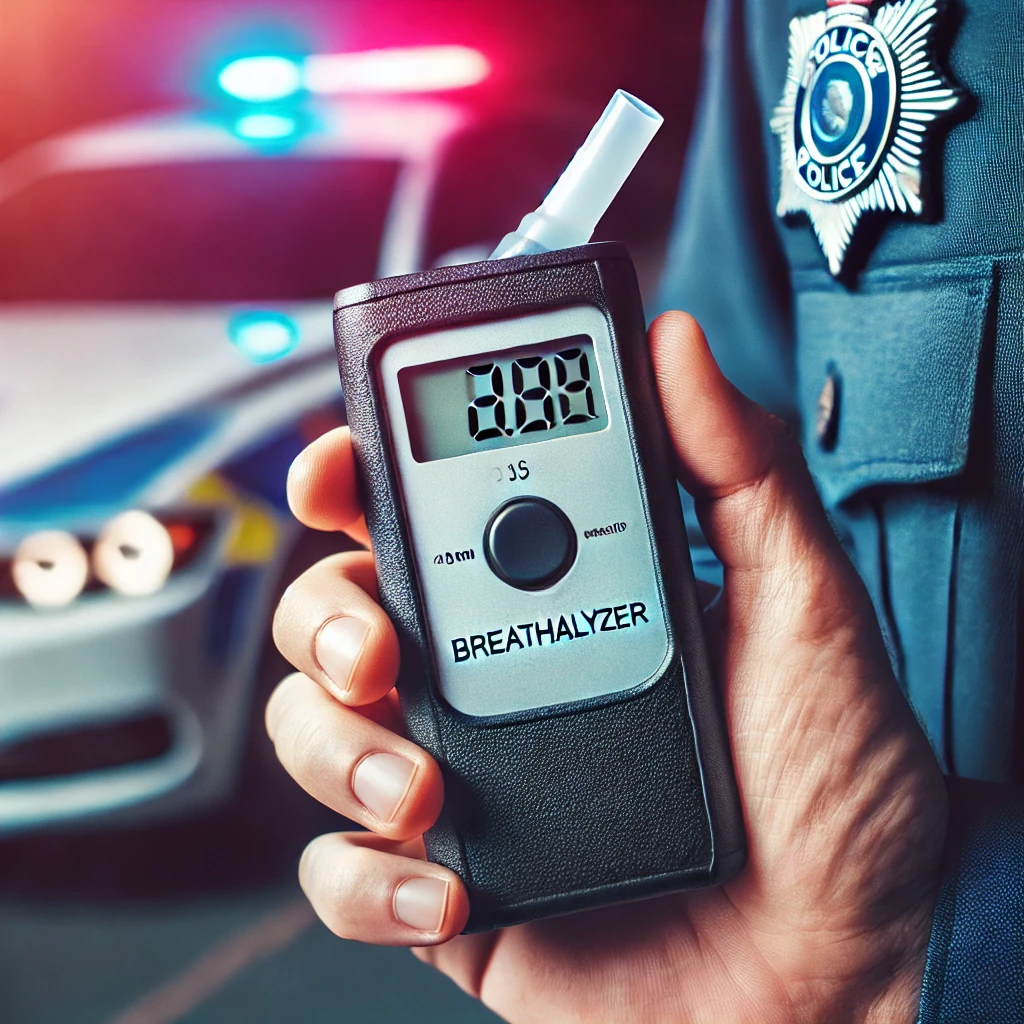When faced with a DUI stop, many drivers are unsure of their rights and the best course of action.

Field sobriety tests (SFSTs) are often presented as routine procedures, but the decision to participate can significantly impact the outcome of your case.
This article explores why refusing a field sobriety test might be your best defence, drawing insights from law enforcement, legal experts, and real-life scenarios.
Field Sobriety Tests – What is it About?
Field sobriety tests are a series of physical and cognitive exercises conducted by police officers to determine if a driver is impaired.
These tests typically include the horizontal gaze nystagmus, walk-and-turn, and one-leg stand tests. While they are designed to be standardized, the subjective nature of their administration and interpretation can lead to errors and biases.
The Legal Perspective on SFSTs

The Role of SFSTs in DUI Cases
SFSTs are crucial tools for law enforcement in building a DUI case. The results of these tests provide evidence of impairment that can be used in court.
However, their reliability is often questioned, as they are based on the officer’s observations, which can be influenced by various factors such as environmental conditions and the driver’s physical abilities unrelated to alcohol consumption.
The Right to Refuse
In many jurisdictions, drivers have the right to refuse SFSTs without immediate legal consequences.
This refusal can limit the evidence available to the prosecution, making it harder to prove impairment beyond a reasonable doubt. However, it is essential to understand the specific laws in your state, as some have implied consent laws that require drivers to submit to chemical tests, such as breathalyzers, under certain circumstances.
The Advantages of Refusing an SFST
Limiting Evidence Against You
By refusing an SFST, you reduce the amount of direct evidence the prosecution has to argue your impairment.
Without the results of these tests, the case against you may rely more heavily on subjective observations, which can be challenged more effectively in court.
Exposing Flaws in the Prosecution’s Case
Refusing an SFST can force the prosecution to rely on the officer’s narrative and observations.
These accounts can be scrutinized for inconsistencies or errors, potentially weakening the case against you. Skilled defense attorneys can highlight these flaws, raising doubts about the reliability of the evidence presented.
A Former Cop’s Insight on SFSTs
The Flaws of Field Sobriety Tests
“With 15 years of experience in law enforcement, including DUI interdiction, I have seen firsthand the limitations of SFSTs. These tests are not infallible and can be influenced by numerous factors such as a driver’s medical conditions, environmental conditions, and even the officer’s level of training and experience.” – John Morgan
The Importance of Observation and Report-Writing Skills
When drivers refuse SFSTs, officers must rely on their observational skills and report-writing to establish probable cause for an arrest. This reliance on subjective evidence can work in the driver’s favor, as it opens the door for the defense to challenge the accuracy and consistency of the officer’s observations.
The Surprising Power of Insisting on a Blood Test
Real-Life Scenario: The Construction Worker
Consider the case of a construction worker pulled over for a minor traffic violation. With his truck packed with tools, he raises suspicion.
He refuses the field sobriety test and insists on a blood test. The police offer only a breathalyzer, which he also refuses. Arrested but never given a blood test, his trial focuses on the police’s failure to follow through. This doubt leads the jury to a not guilty verdict.
This scenario highlights the importance of knowing your rights and the potential benefits of demanding a more accurate test.
Blood Tests vs. Breathalyzers
Blood tests are generally considered more accurate than breathalyzers, which can be affected by various factors such as the presence of alcohol-containing products or medical conditions.

By insisting on a blood test, drivers can ensure a more precise measurement of their blood alcohol concentration (BAC), potentially strengthening their defense if the results are in their favor.
A Federal Prosecutor’s Take: Why Refusing SFSTs Can Work in Your Favor
The Burden of Proof Without SFSTs
“As a federal and former state prosecutor, I have seen many DUI cases. Without the evidence from SFSTs, the prosecution must build their case on other factors such as driving patterns, odors, statements, and observations. This can be more challenging, especially if the defense can effectively challenge the credibility of these subjective assessments.” – C Hitchens
The Consequences of Refusing a Breathalyzer
In California, refusing a breathalyzer test can result in an automatic license suspension. However, this refusal forces officers to reassess their evidence and often leads to a more thorough examination of the circumstances.
Complying with lawful orders, such as stepping out of the car, is essential, but providing only the legally required information can protect your rights and potentially weaken the prosecution’s case.
Best Practices for Avoiding DUI Situations
Ultimately, the best advice is to avoid drinking and driving altogether.
By making responsible choices, you can prevent the need for legal defenses and the risks associated with DUI stops.
FAQs
What should I do if I’m pulled over for a DUI?
Remain calm and polite, provide requested documents, and comply with lawful orders. Consider refusing field sobriety tests and consult with a lawyer as soon as possible.
Can refusing a field sobriety test be used against me in court?
In some states, refusal can be used as evidence of guilt. However, it can also limit the prosecution’s evidence and create opportunities for defense challenges.
Is a breathalyzer or blood test more accurate?
Blood tests are generally more accurate than breathalyzers, which can be affected by various external factors.
What are the consequences of refusing a breathalyzer?
Consequences vary by state but often include license suspension. However, it can also force officers to rely on other, potentially weaker, evidence.
Can medical conditions affect field sobriety test results?
Yes, conditions such as balance disorders or injuries can impact performance on SFSTs, making them less reliable indicators of impairment.
Should I always refuse a field sobriety test?
Consult with a legal expert to understand the specific laws in your state and make an informed decision based on your circumstances.
Take this drunk Quiz, >>Click Here<<
Conclusion
Navigating a DUI stop can be daunting, but understanding your rights and the implications of your choices is crucial.
Refusing a field sobriety test can limit the evidence against you, potentially exposing flaws in the prosecution’s case and leading to a more favorable outcome.
Always consult with a legal expert to ensure you are making the best decisions for your situation.
